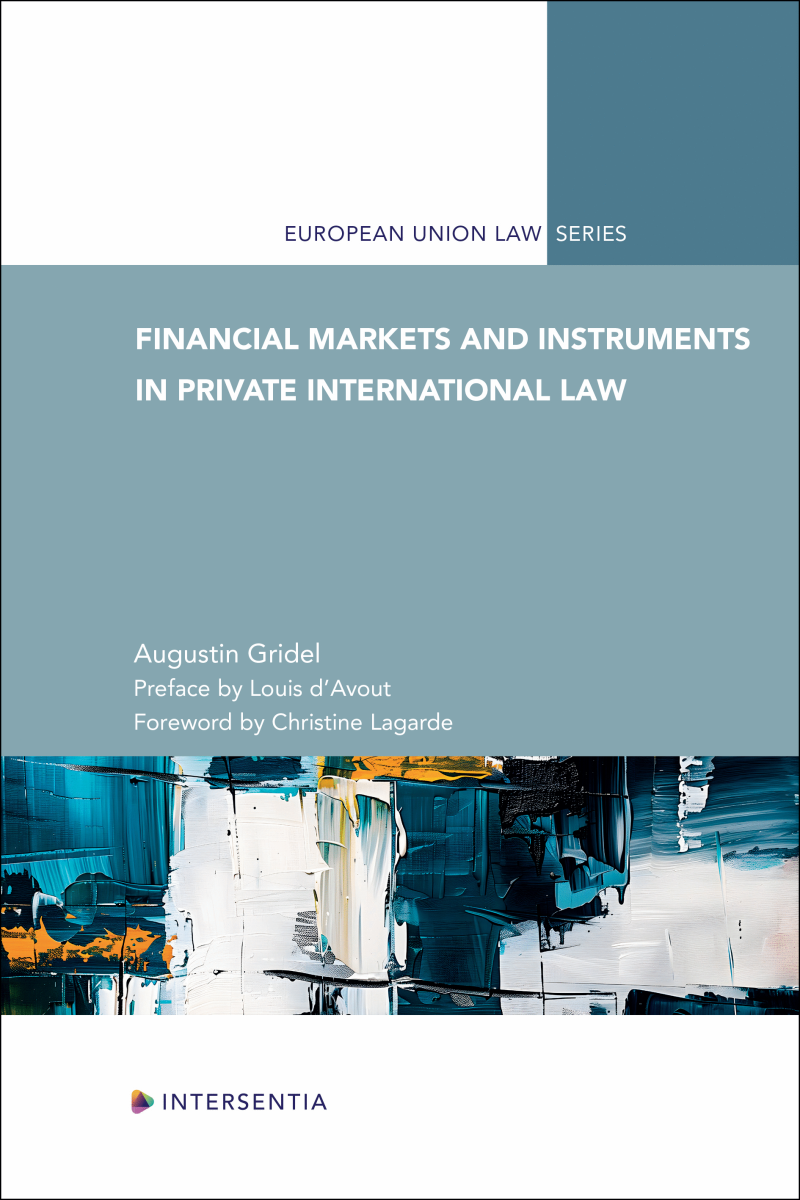Views
Choice of law rules and statutory interpretation in the Ruby Princess Case in Australia
Written by Seung Chan Rhee and Alan Zheng
Suppose a company sells tickets for cruises to/from Australia. The passengers hail from Australia, and other countries. The contracts contain an exclusive foreign jurisdiction clause nominating a non-Australian jurisdiction. The company is incorporated in Bermuda. Cruises are only temporarily in Australian territorial waters.
German Federal Court of Justice: Article 26 Brussels Ia Regulation Applies to Non-EU Defendants
By Moses Wiepen, Legal Trainee at the Higher Regional Court of Hamm, Germany
In its decision of 21 July 2023 (V ZR 112/22), the German Federal Court of Justice confirmed that Art. 26 Brussels Ia Regulation applies regardless of the defendant’s domicile. The case in question involved an art collector filing suit against a Canadian trust that manages the estate of a Jew who was persecuted by the German Nazi regime. The defendant published a wanted notice in an online Lost Art database for a painting that the plaintiff bought in 1999. The plaintiff considers this as a violation of his property right.
This week begins the Special Commission on the 1980 Child Abduction Convention and the 1996 Child Protection Convention
Written by Mayela Celis
The eighth meeting of the Special Commission on the Practical Operation of the 1980 Child Abduction Convention and the 1996 Child Protection Convention will be held from 10 to 17 October 2023 in The Hague, the Netherlands. For more information, click here.
One of the key documents prepared for the meeting is the Global Report – Statistical study of applications made in 2021 under the 1980 Child Abduction Convention, where crucial information has been gathered about the application of this Convention during the year 2021. However, these figures were perhaps affected by the Covid-19 pandemic as indicated in the Addendum of the document (see paragraphs 157-167, pp. 33-34). Because it refers to a time period in the midst of lockdowns and travel restrictions, it is not unrealistic to say that the figures of the year 2021 should be taken with a grain of salt. For example, the overall return rate was the lowest ever recorded at 39% (it was 45% in 2015). The percentage of the combined sole and multiple reasons for judicial refusals in 2021 was 46% as regards the grave risk exception (it was 25% in 2015). The overall average time taken to reach a final outcome from the receipt of the application by the Central Authority in 2021 was 207 days (it was 164 days in 2015). While statistics are always useful to understand a social phenomenon, one may only wonder why a statistical study was conducted with regard to applications during such an unusual year – apart from the fact that a Special Commission meeting is taking place and needs recent statistics -, as it will unlikely reflect realistic trends (but it can certainly satisfy a curious mind).
News
Reciprocity in the Recognition and Enforcement of Foreign Judgments: Two Recent Contributions
Reciprocity in the field of recognition and enforcement of foreign judgments has long been a subject of passionate debate. While some scholars question its desirability, others firmly defend it as a legitimate legal requirement. What remains undeniable is that the topic continues to spark intense discussion and scholarly interest.
A clear illustration of this ongoing debate is provided by two recent publications addressing the issue from different perspectives and jurisdictions.
The first is an enlightening open-access article by Eszter PAPP and Nobumichi TERAMURA, titled “Enforcing Singapore Judgments in Cambodia: Reciprocity Under the Loupe“. The paper explores the practical and legal challenges related to the enforcement of Singaporean money judgments in Cambodia, with a specific focus on the requirement of reciprocity. Read more
Out Now: Gridel, Financial Markets and Instruments in Private International Law. A European and French Perspective A European and French Perspective
The multiple-award-winning book by Augustin Gridel (Université de Lorraine), Marchés et instruments financiers en droit international privé (Bruylant 2023), has just been published in English under the title Financial Markets and Instruments in Private International Law. A European and French Perspective. It features a preface by Louis D’Avout and a foreword by Christine Lagarde.
Report of the Oxford Conference on “Characterisation in the Conflict of Laws”

The author of this report is Meltem Ece Oba (Koç University, Istanbul). The post is being published simultaneously on Conflictoflaws.net and on the EAPIL blog.
On 20-21 March 2025, a conference on “Characterisation in the Conflict of Laws” was convened at St Hilda’s College, Oxford. Under the auspices of the Institute of European and Comparative Law in the Law Faculty of the University of Oxford, the conference was jointly organised by Dr Johannes Ungerer (University of Oxford and Notre Dame University in England), Dr Caterina Benini (Catholic University of Sacred Heart, Milan) and PD Dr Felix Berner (University of Tübingen). The conference brought together scholars and practitioners from several jurisdictions around the world.


